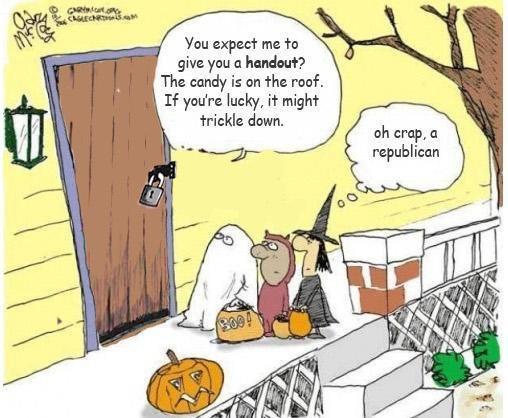- Apr 1, 2011
- 170,066
- 47,239
- 2,180
Actually, your lack of an example completely proves my case. The point that I was making the entire thread.
If you somehow could show me an example of a genuine need that there was in the consumer market space that NOBODY has attempted to meet, then you would be right.
Your theory is absolute horseshit. If you made the same statement 150 years ago, it would have meant their was no demand for the following products.
Automobile
telephone
radio
penicillin
polio vaccine
small pox vaccine
anesthesia
television
computers
Of course, we can't know there is demand for a product until after it has been invented and people are buying it. How can you know there is demand for a product that doesn't exist? You can't, so your question is simply a rhetorical game.
But your inability to give an example only further reinforces my point which is that if the consumer market demands something, someone will try to fill that need.
Your question is a catch-22. Your evidence of "demand" is that people are buying the product. Of course, they can't buy a product that hasn't already been invented, so it would be impossible to have demand for a product that someone hadn't tried to invent. What you said is the equivalent of saying "show me a true statement that isn't true."
Hence, demand drives supply and thus the economy.
You lose concrete boy.
Hence, you're simply a shameless demagogue playing word games.
You lose, turd.
Last edited:




